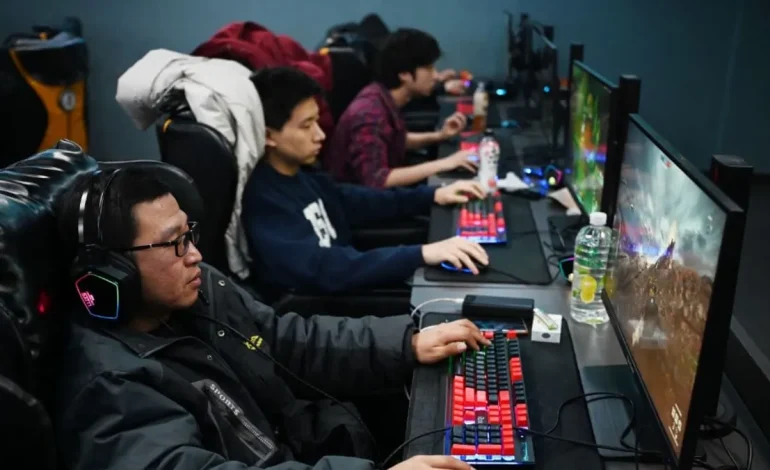The Future of Content: ByteDance’s Next Generation of Creators

30 Under 30 innovators reshaping global media through algorithms and AI.
Gen Z as Media Architects
China’s Gen Z creators are no longer just performers in the digital economy they are architects of content ecosystems. On platforms like Douyin and TikTok (owned by ByteDance), a wave of under-30 influencers, designers, and startup founders are redefining how global audiences consume, monetize, and interact with content.
Their approach is less about celebrity and more about community-driven influence, where micro-creators with niche expertise can achieve scale through powerful recommendation algorithms.
Algorithms as Amplifiers
The backbone of this transformation is ByteDance’s AI-driven recommendation engine, which enables new voices to be discovered regardless of follower count. For young creators, this means lower barriers to entry compared to traditional media.
A 24-year-old history graduate in Beijing, for instance, built a following of millions by posting bite-sized explainers on Chinese philosophy. Another 27-year-old chef streams live cooking tutorials that double as e-commerce storefronts. Both cases show how AI personalization meets entrepreneurship, turning hobbies into businesses.
Creator-Entrepreneurs
Gen Z content leaders are not satisfied with ad revenue alone. Many have turned into entrepreneurs, launching product lines, subscription services, or digital communities.
Startups founded by creators themselves are also emerging: app developers in their twenties are building AI-powered editing tools, fan-engagement platforms, and monetization apps tailored for the ByteDance ecosystem. By blending tech and culture, these creator-founders are establishing mini innovation hubs within the content industry.
Monetization and Digital Payments
For this generation, monetization extends far beyond likes and shares. Young innovators are experimenting with direct-to-fan payments, tokenized rewards, and cross-border revenue streams.
In Southeast Asia, for example, Gen Z Chinese creators working on TikTok have begun receiving digital payouts through blockchain-enabled settlement systems. While dollar-linked stablecoins dominate, some fintech pilots have explored renminbi-pegged digital payment solutions to streamline content monetization between China and overseas markets.
This signals a subtle but important trend: as content globalizes, creators are also shaping the financial rails of how culture gets paid for.
Global Reach, Local Identity
Unlike earlier waves of Chinese digital exports, Gen Z creators emphasize a global outlook with local authenticity. They mix Chinese culture, design, and humor with universal themes that resonate across borders.
A 22-year-old fashion influencer from Chengdu, for example, combines traditional embroidery with streetwear, gaining traction both in China and abroad. Similarly, musicians under 30 are using ByteDance’s algorithm to push Chinese indie genres onto global playlists, bypassing legacy gatekeepers.
Challenges and Pressures
Despite their successes, these creators face challenges. Platform dependency means their income can fluctuate with algorithm changes or regulatory shifts. Intellectual property protections remain weak, making it hard for smaller creators to defend their work.
Moreover, the competition is fierce: with thousands entering the creator economy daily, sustaining long-term careers requires continuous innovation and adaptation.
Outlook: Content as Infrastructure
The next decade may see China’s content economy evolve from entertainment to infrastructure. ByteDance’s platforms are already being used for education, small business sales, and civic engagement. Gen Z creators are at the forefront of this transformation, shaping not just what people watch, but how they learn, buy, and interact.
By 2030, some of today’s under-30 stars may lead global media companies, while others will pioneer entirely new digital business models. What unites them is their ability to harness algorithms, AI, and fintech tools to amplify cultural influence.
In this sense, the future of content is not only about creativity it is about building sustainable ecosystems where creators are also entrepreneurs and innovators.






